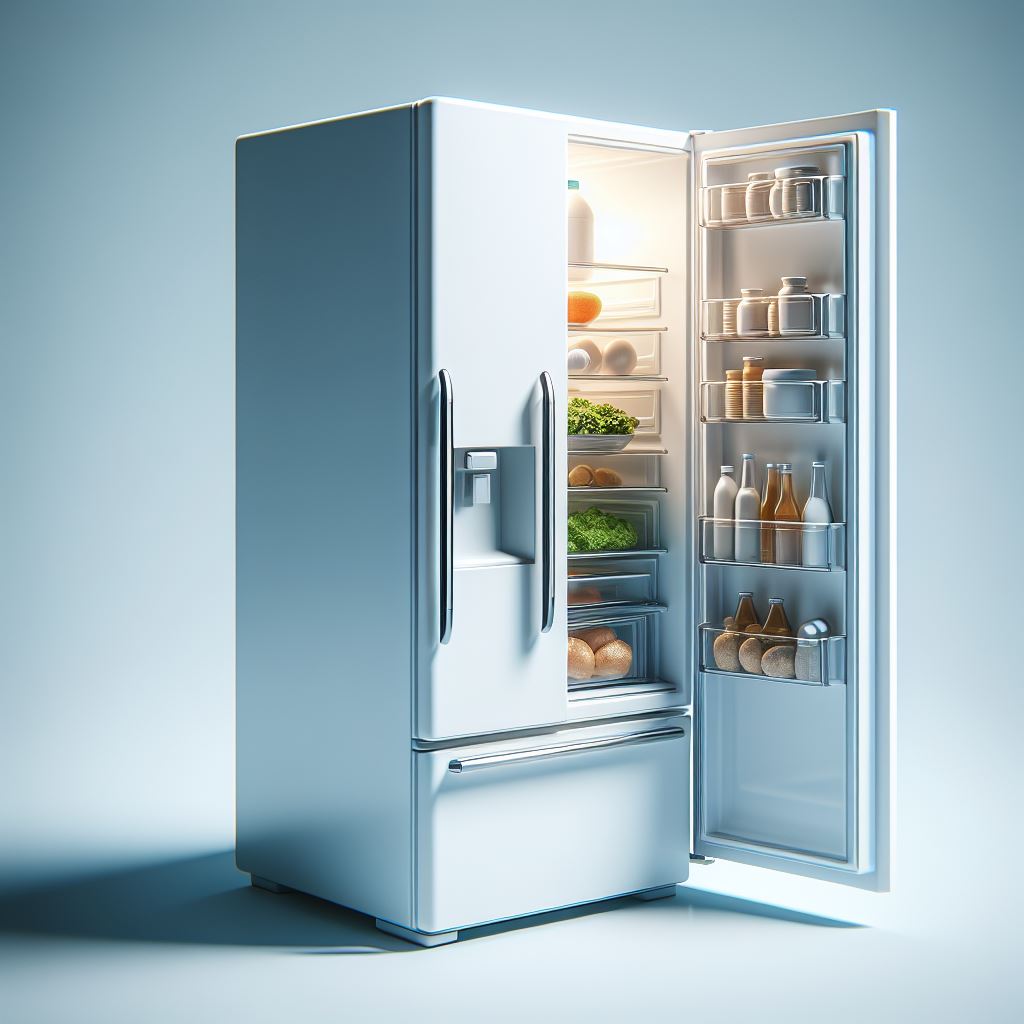Imagine having a refrigerator that doesn’t need electricity to keep your food fresh and drinks cold. That’s exactly what a natural gas refrigerator does. Instead of relying on a traditional power source, these innovative appliances use the power of natural gas to cool your items. In this article, we’ll explore how these refrigerators work and why they’re a great option for those looking to reduce their electricity usage and carbon footprint. Let’s dive in and discover the magic of natural gas refrigeration.
Natural gas refrigerators are becoming increasingly popular as people seek to reduce their energy consumption and environmental impact. These appliances work on the principle of gas absorption, which sets them apart from traditional electric refrigerators.
The process by which a natural gas refrigerator operates is quite intriguing. Inside the appliance, there are coils containing a mixture of water, ammonia, and hydrogen gas. When the gas burner is activated, it heats up this mixture, causing the ammonia to evaporate.
As the ammonia evaporates, it moves through the coils to the evaporator, where it absorbs heat from inside the refrigerator, resulting in a cooling effect. The ammonia gas then travels to the condenser, where it releases the heat it absorbed and transforms back into a liquid.
The liquid ammonia then returns to the absorber, where it combines with water to form a solution. The presence of hydrogen gas assists in circulating the ammonia throughout the system. This cycle continues as long as the gas burner remains active, maintaining a consistent temperature inside the refrigerator.
One of the key advantages of natural gas refrigerators is their energy efficiency. By not relying on electricity to power a compressor, these appliances consume less energy, potentially leading to lower utility bills and a smaller carbon footprint.
Moreover, natural gas refrigerators are known for their reliability. They can continue operating during power outages, making them ideal for off-grid living or remote locations with limited access to electricity.
In conclusion, natural gas refrigerators offer a sustainable and cost-effective alternative to traditional electric models. By harnessing gas absorption technology, these appliances provide a dependable cooling solution while promoting energy conservation and environmental sustainability. If you’re considering ways to make your home more eco-friendly, investing in a natural gas refrigerator could be a smart choice.
1. How does a natural gas refrigerator work?
A natural gas refrigerator uses propane or natural gas as a fuel source to create heat, which is then used to power an absorption cooling cycle. This cycle involves a series of chemical reactions that cool the interior of the refrigerator without the need for electricity.
2. Is a natural gas refrigerator safe to use in my home?
Yes, natural gas refrigerators are designed with safety in mind and are equipped with features such as flame failure devices and ventilation systems to ensure proper operation. It is important to follow the manufacturer’s instructions for installation and maintenance to ensure safe use.
3. Are natural gas refrigerators energy efficient?
Natural gas refrigerators are generally more energy efficient than traditional electric refrigerators, as they do not rely on electricity to function. This can result in lower energy costs and a smaller environmental footprint. However, it is important to consider the cost of propane or natural gas fuel when determining overall energy savings.
